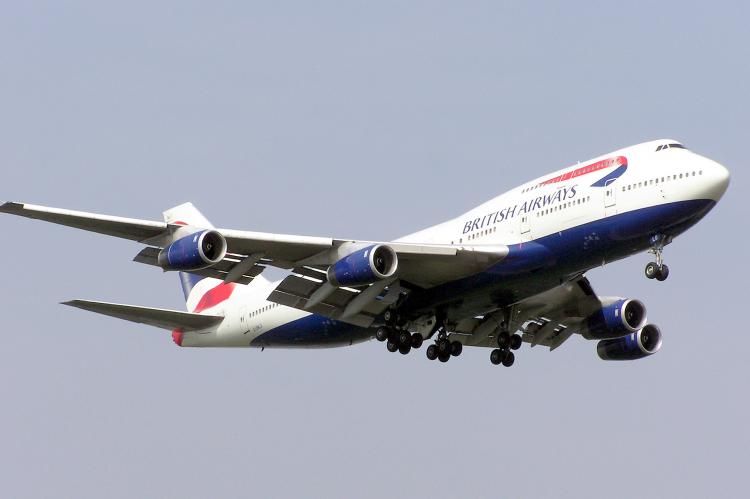Frequent fliers and air crews face health threat from toxic fumes
Coroner’s report first official UK recognition of "aerotoxic syndrome", a phenomenon long denied by airlines.
According to a coroner probing the death of an Edinburgh pilot, frequent fliers and aircrews are risking their health by breathing in toxic fumes inside aircraft cabins. Stanhope Payne, senior coroner for Dorset, said people regularly exposed to fumes circulating in planes faced "consequential damage to their health".
Payne is looking into the death of Richard Westgate, a 43-year-old British Airways pilot from Edinburgh, called on BA and the Civil Aviation Authority (CAA) to take "urgent action to prevent future deaths" Mr. Westgate suffered years of ill health including severe headaches, mental confusion, sight problem and insomnia before he died in December 2012, blaming exposure to toxic fumes on the flight deck.
First official UK recognition
The coroner's report is the first official UK recognition of so-called "aerotoxic syndrome", a phenomenon long denied by airlines but blamed by some for the deaths of at least two pilots and numerous other incidents where pilots have passed out in flight. Co-pilots can normally take over, but campaigners claim the syndrome is a suspected cause of some mid-air disasters.
Air compression systems can malfunction
Commercial passenger planes have a system which compresses air from the engines and uses it to pressurize the cabin. However malfunctions can happen, leading to excess oil particles entering the air supply. In a confined space with recirculated air, the cumulative effect on frequent fliers, especially aircrew, can be harmful, the coroner said.
"This report is dynamite. It is the first time a British coroner has come to the conclusion that damage is being done by cabin air, something the industry has been denying for years, “said Frank Cannon, lawyer for the Westgate case. "There are major crashes where we suspect the only plausible explanation is that the crew were suffering from cognitive dysfunction. More commonly, it causes incredible misery - very fit, intelligent and motivated people fall over sick," he added.
A spokesman for BA could not comment, but would consider the coroner's report and respond. The airline cites independent studies commissioned by the Department for Transport, which found "no evidence that pollutants occur in the cabin air at levels exceeding available health and safety standards".A spokesman for the CAA said it would consider the report in detail but claimed it was "nothing that passengers or crew should be overly concerned about".
This report is dynamite. It is the first time a British coroner has come to the conclusion that damage is being done by cabin air, something the industry has been denying for years.
Frank Cannon, lawyer for the Westgate case.


